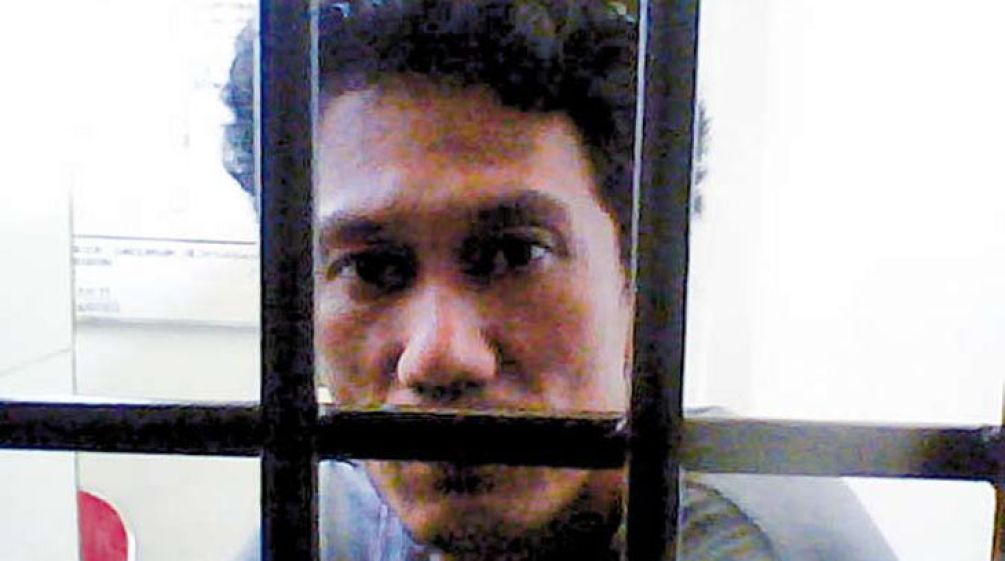Indonesia: Plantation Law contravenes constitution
 Mayor Rusdi was being jailed innocently for 8 months
Mayor Rusdi was being jailed innocently for 8 months
Sep 25, 2011
This is a huge success for our cooperation partner in Indonesia: On September 19, 2011, the Indonesian Constitutional Court ruled that Articles 21 and 47 of the Plantation Law (Law Act No. 18) of 2004 contravene the Indonesian constitution.
This is a huge success for our cooperation partner in Indonesia: On September 19, 2011, the Indonesian Constitutional Court ruled that Articles 21 and 47 of the Plantation Law (Law Act No. 18) of 2004 contravene the Indonesian constitution.
ith this decision, the judges sustained an action made by five palm oil industry victims who, representative for thousands of peasants, went to court to protect themselves from being evicted and their settlements being destroyed. One of the prosecutors if Muhammad Rusdi, a long-term project partner of Rainforest Rescue. Rusdi is mayor of an Indonesian village named Karang Mendapo which, for years, has been in conflict with a subsidiary of multinational palm oil enterprise Sinar Mas.
Currently, the Indonesian non-government organization Sawit Watch documents about 660 social conflicts between farming communities and palm oil companies. In the past, Articles 21 and 47 have constantly been quoted by plantation owners, the police and courts when dealing with peasants in order to criminalize their protests against further expansion of monoculture plantations.
Both articles declare per se any entering and occupying of plantations illegal, which might result in imprisonment for up to five years and a fine of 5 billion Rupiahs (409,000 €). In the past, this law was even applied if the plantations had been built on grounds owned by the local community and the peasants simply defended themselves from unjust appropriation of their land. Due to both articles, hundreds of innocent peasants are currently locked up in Indonesian prisons.
This new verdict eliminates the general criminalization of peasants occupying plantations, and restores their rights for defending their land against aggressive and illegal expansion of the palm oil industry. This decision of the Constitutional Court strengthens the fundamental rights of the rural community.
On behalf of Rusdi and all the other Indonesian peasants we would like to thank our donors who enabled us to financially support the prosecutors during the legal proceedings.










